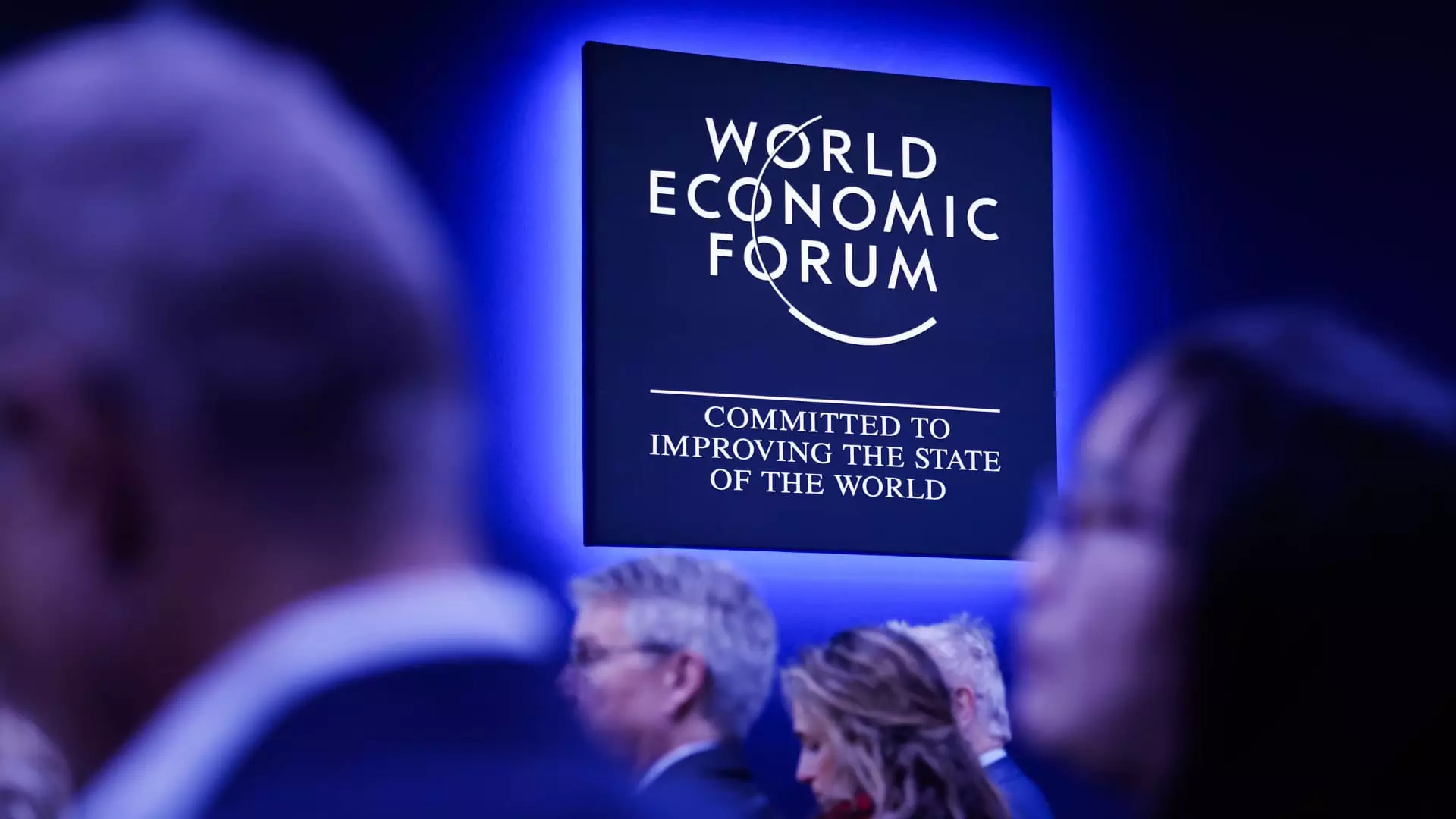In recent years, the concepts of Diversity, Equity, and Inclusion (DEI) have gained substantial traction across various sectors, especially among politicians and corporations. The ongoing discourse surrounding DEI has reached a crescendo at significant global conventions like the World Economic Forum (WEF) held in Davos, Switzerland. Discussions have turned increasingly polarized, reflecting the wider societal debates on how diversity initiatives should be approached amidst shifting political landscapes.
The growing emphasis on DEI underscores an acknowledgment of the systemic barriers that marginalized communities face. However, the topic has also triggered considerable backlash, with proponents and opponents sparring over its implications. Notably, former President Donald Trump’s remarks at Davos—where he denounced what he termed “discriminatory diversity, equity, and inclusion nonsense”—highlight the contentious nature of DEI discourse. His insistence on reverting to a “merit-based” approach echoed a sentiment that resonates with a segment of Americans wary of perceived tokenism or forced inclusion initiatives.
Despite political controversies, corporate motivations towards DEI initiatives remain robust, albeit with caution. Interviewed executives at WEF expressed a commitment to maintaining their DEI strategies, even amid potential political headwinds. Many echoed sentiments reflecting a broader understanding that genuine efforts towards inclusivity can lead to a productive environment, fostering innovation and driving economic performance.
For instance, leaders like those at Nasdaq articulated a belief that a culture embracing diverse viewpoints positively contributes to the company’s overall success. By cultivating an atmosphere where employees can be their authentic selves and share diverse perspectives, companies can create more innovative solutions and achieve better outcomes.
Nevertheless, industry leaders are also acutely aware of the need to tailor their language and strategies according to shifting political climates. While rhetoric and initiatives might evolve, the underlying ethos of promoting an inclusive culture appears steadfast. Corporate leaders revealed that although discussions around DEI have been recalibrated, the significant impacts of such initiatives are undeniable.
As the DEI paradigm faces criticism, concerns about specific initiatives within the broader framework have emerged. Many corporate executives have indicated that certain programs branded under DEI have been met with disdain, potentially skewing public perception of the entire movement. Some leaders conveyed that while diversity is fundamental to business efficacy, the execution of certain initiatives required refinement.
For instance, a comment from an unidentified executive articulated the importance of diverse thoughts in problem-solving and innovation, irrespective of gender or ethnicity. It signals a shifting understanding that diversity encompasses various dimensions—not just race or gender. This perspective amplifies the idea that diversity should be viewed through a broader lens, incorporating different experiences and thoughts that can spur innovation.
The data further reinforces the business case for diversity, with studies demonstrating that diverse teams outperform their non-diverse counterparts. Corporations that leverage diverse talents are poised to not only thrive but also adapt in an increasingly competitive global market.
Looking ahead, navigating the complexities of DEI will require strategic adaptation, particularly in light of evolving regulatory environments. Many industry leaders recognize the necessity of engaging in dialogue about the possible reform of DEI initiatives. Adjustments to law and policy are likely to influence corporate practices, compelling businesses to reassess their frameworks continually.
Moreover, while companies may face external pressures, a concerted commitment to fostering diverse and inclusive workplaces remains essential. Business leaders must explore innovative approaches to inclusivity that resonate with both their workforce and the communities they serve. The challenge lies in maintaining integrity in DEI efforts while adapting to external challenges and political narratives.
The ongoing discussions surrounding DEI illustrate a complex interplay of ambition, resistance, and necessity. As the conversation unfolds, businesses are urged to remain vigilant and adaptable while advocating for diversity, equity, and inclusion robustly. The future of DEI in corporate culture hinges on leaders’ revelations that ultimately, genuine inclusivity can drive success and innovation—the very fabric that sustains thriving organizations in a diverse landscape.

